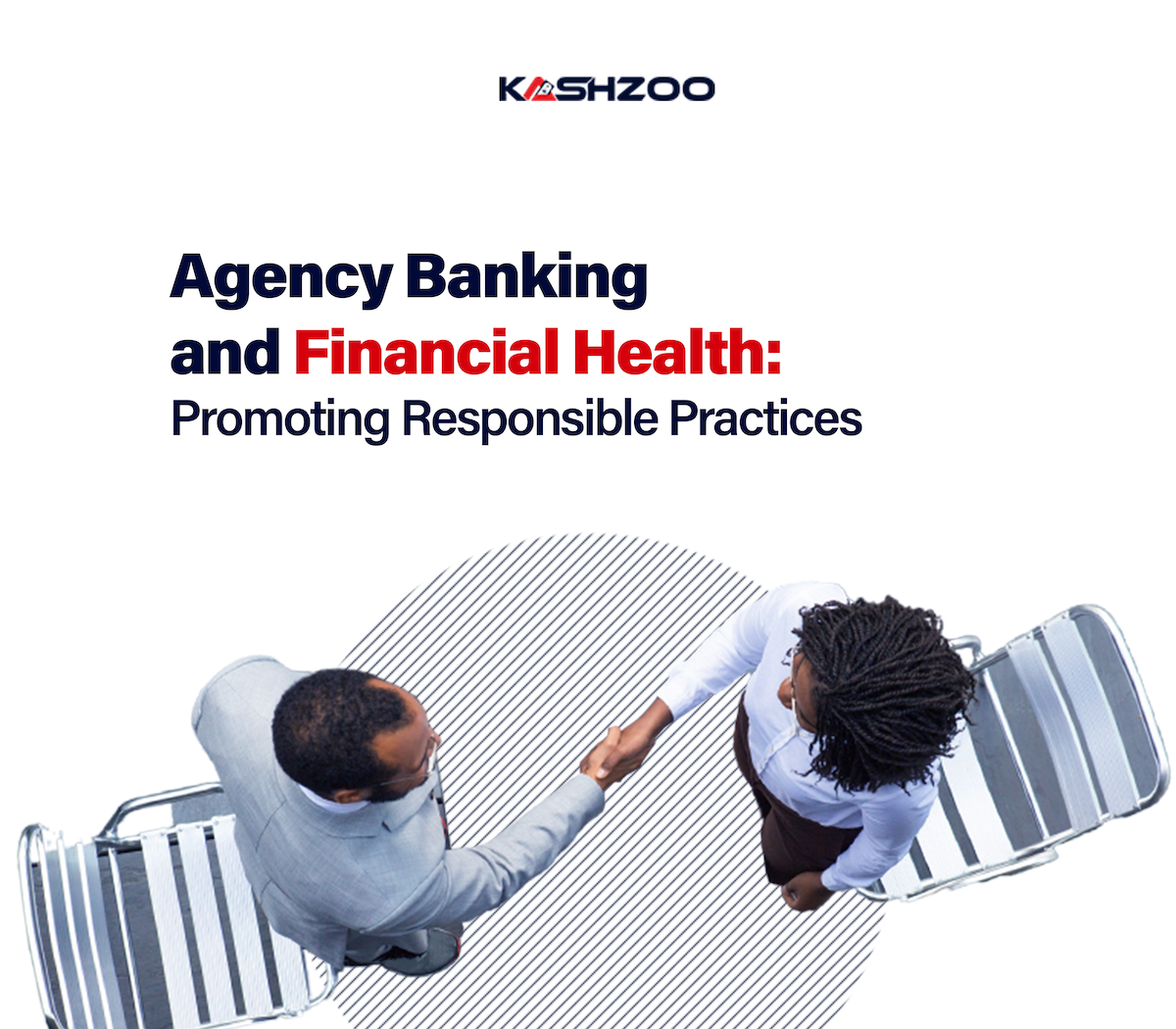Agency banking has become a major innovation in the financial services sector today, especially in areas where traditional banking infrastructures are inaccessible. This innovation increases the reach of financial institutions and encourages financial inclusion by using local agents to deliver some banking services. In addition, it encourages financial health by promoting best practices in banking.
Agency banking involves financial institutions partnering with retail agents who provide banking services on their behalf. These agents, typically local business owners, offer various services, including cash deposits and withdrawals, loan applications, bill payments, and money transfers. This model is particularly prevalent in developing countries where bank branches are limited.
Benefits of Agency Banking
- Agency banking helps bridge the gap between the unbanked and formal financial services.
- Cost Efficiency as a result of operating through agents which reduces the need for physical bank branches, thereby lowering operational costs for financial institutions.
- Customers convenience because of easy accessibility.
- Economic empowerment of local agents who earn commissions, and promote entrepreneurship, and boost local economies.
Financial Health and Responsible Banking Practices
Financial health describes the total well-being of a person’s financial situation, including their ability to handle daily expenses, withstand financial shocks, and achieve financial goals.
Responsible banking practices guarantee customers’ financial health by ensuring they are well-informed and protected. Here is how;
- Promoting Financial Literacy
Agency banking can promote responsible banking through financial literacy programmes. Agents can serve as educators who provide customers with information about financial products, savings, budgeting, and responsible borrowing.
- Encouraging Savings
- Savings Accounts: Agency banking makes opening and managing savings accounts easier and encourages individuals to save regularly.
- Micro-Savings Programs: Agents can promote micro-savings programs, enabling customers to save small amounts frequently fostering a habit of regular saving.
- Access to Credit
It is one of the responsible banking practices for agency banking to facilitate access to credit, allowing individuals to secure loans responsibly. This promotes financial inclusion and encourages wise borrowing and repayment habits.
- Digital Financial Services
- Mobile Banking: Agency banking models integrate mobile banking services, enabling customers to perform transactions via their mobile phones. This promotes cashless transactions, enhancing both security and convenience.
- Digital Records: Digital financial services help maintain accurate transaction records, which are useful for credit scoring and financial planning. It ensures better financial management and access to credit.
Challenges
While agency banking offers numerous benefits, it has it challenges affecting responsible banking practices.
- Many agents may lack comprehensive training to provide banking services effectively.
- Regulatory frameworks can vary significantly between regions, leading to inconsistencies in the implementation of agency banking.
- Reliable internet and mobile connectivity are crucial for agency banking but can be inconsistent in remote areas.
- Cyber threats due to a lack of significant investment in secure technological infrastructure.
- There is a risk of fraud and misconduct by agents, which can weaken customer trust.
- Lack of customers’ basic financial literacy making it difficult for them to understand and effectively use banking services.
Solutions
- Agent Training and Support: It is crucial to ensure agents are well-trained and supported. Continuous education programmes and a robust support system can enhance agent performance and reliability.
- Regulatory Oversight: Governments and regulatory bodies must provide clear guidelines and oversight to ensure that agency banking operates within a framework that protects customers.
- Technological Infrastructure: Reliable and secure technological infrastructure is essential for the smooth operation of agency banking. Investments in technology can help prevent service disruptions and enhance security.
Our Take
At Kashzoo, we believe that collaboration among financial institutions, agents, regulatory bodies and customers can create a healthy and responsible banking ecosystem. Promoting responsible banking practices discussed earlier ensures that the benefits of agency banking are maximised while protecting and empowering customers. Agents and customers can rest assured that Kashzoo will continue to uphold the best banking practices to protect them.




What do you think?
It is nice to know your opinion. Leave a comment.